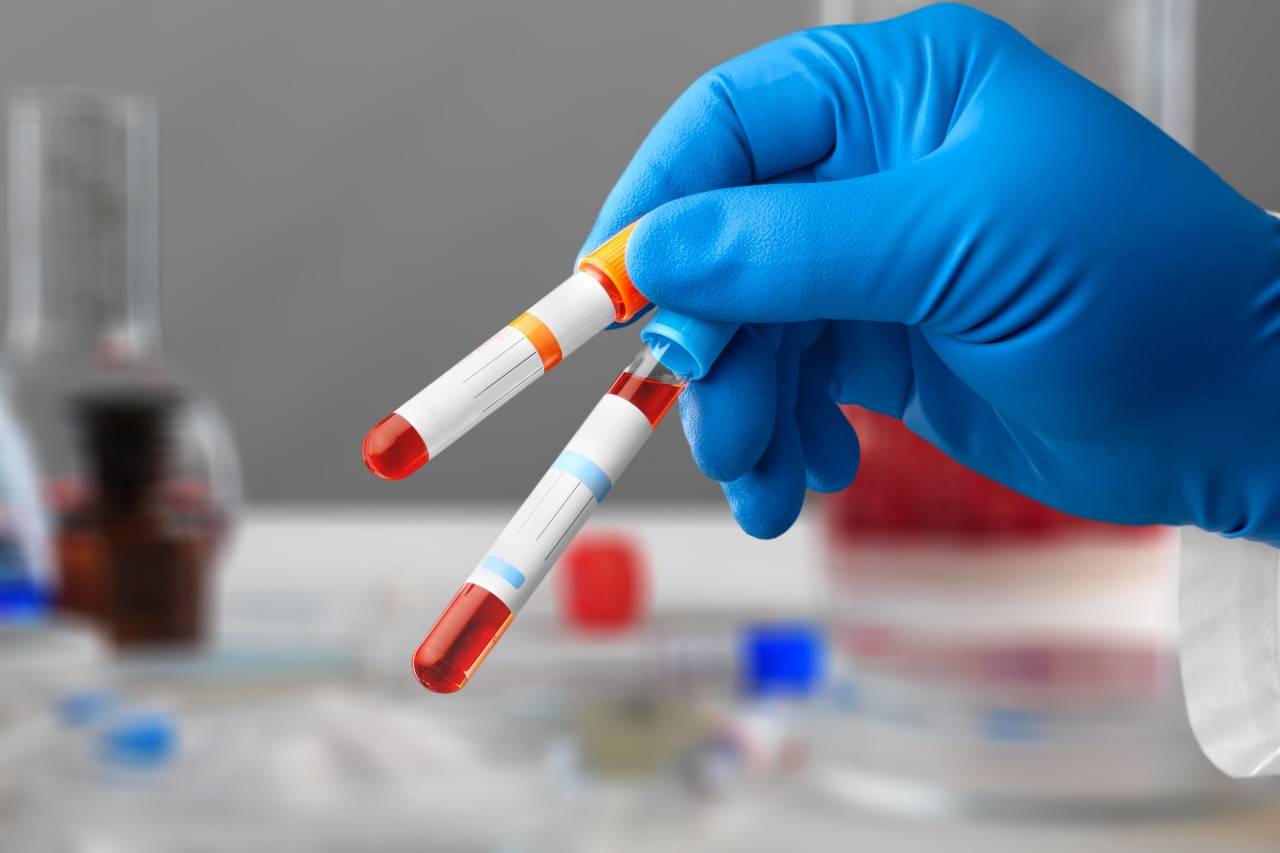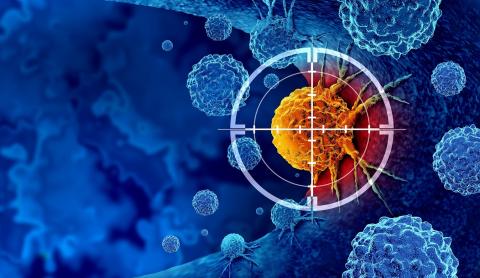Reactions to new blood test for early detection of multiple cancers
A study published in the journal BMJ Oncology shows a preliminary stage test for the detection of 18 solid tumors of different organs based on the blood plasma proteome.

Paul Pharoah - plasma cáncer EN
Paul Pharoah
Professor of Cancer Epidemiology, Department of Computational Biomedicine, Cedars-Sinai Medical Center
Simple blood tests that can detect many different cancers in the early stages (test is sensitive) and do not generate false positives (test is specific) are a holy grail for early detection. Many such tests have been developed or are in development. This paper reports on the initial results of the development of one such test. While the results show some promise, it is far too soon to be confident that this test will turn out to be useful for early cancer detection.
The researchers own summary of their findings is “this study serves as a proof of concept for the potential utility of proteomic analysis in the early detection of various cancers” and “It is important to note that this study represents an initial exploration into the field of proteomics-based cancer detection, and further validation in larger population cohorts is necessary to establish the reliability and generalisability of our findings”. In other words, these sort of tests might be useful, but much more data are needed to say one way or the other.
“There are some basic scientific reasons that limit the interpretation of these results. First, the number of samples used in the study is very small and so the results will not be statistically robust. Second, the same samples that were used to develop the test were used to evaluate the accuracy of the test. This will guarantee that the test does well. The test must be evaluated in completely independent samples before it is possible to say anything definitive about how accurate it is.
Richard Sullivan - plasma cáncer EN
Richard Sullivan
Director at the Institute of Cancer Policy and Co-Director of the Centre for Conflict & Health Research at King’s College London
There is a lot of hype around multi-cancer early detection tests (MCEDs), and multiple companies and platforms are entering this market. However, the clinical utility of this technology, whether for routine symptomatic patient assessment or screening, is a very long way from being proven.
The hurdles for this technology delivering clinically meaningful benefits are so significant that this entire approach to early detection and screening may fail. Rigorous clinical evaluation is needed. The results presented in this study are very preliminary and a great deal more research will be needed to know whether this has any applicability in the real world of cancer care.
Bogdan Budnik et al.
- Research article
- Peer reviewed
- People



